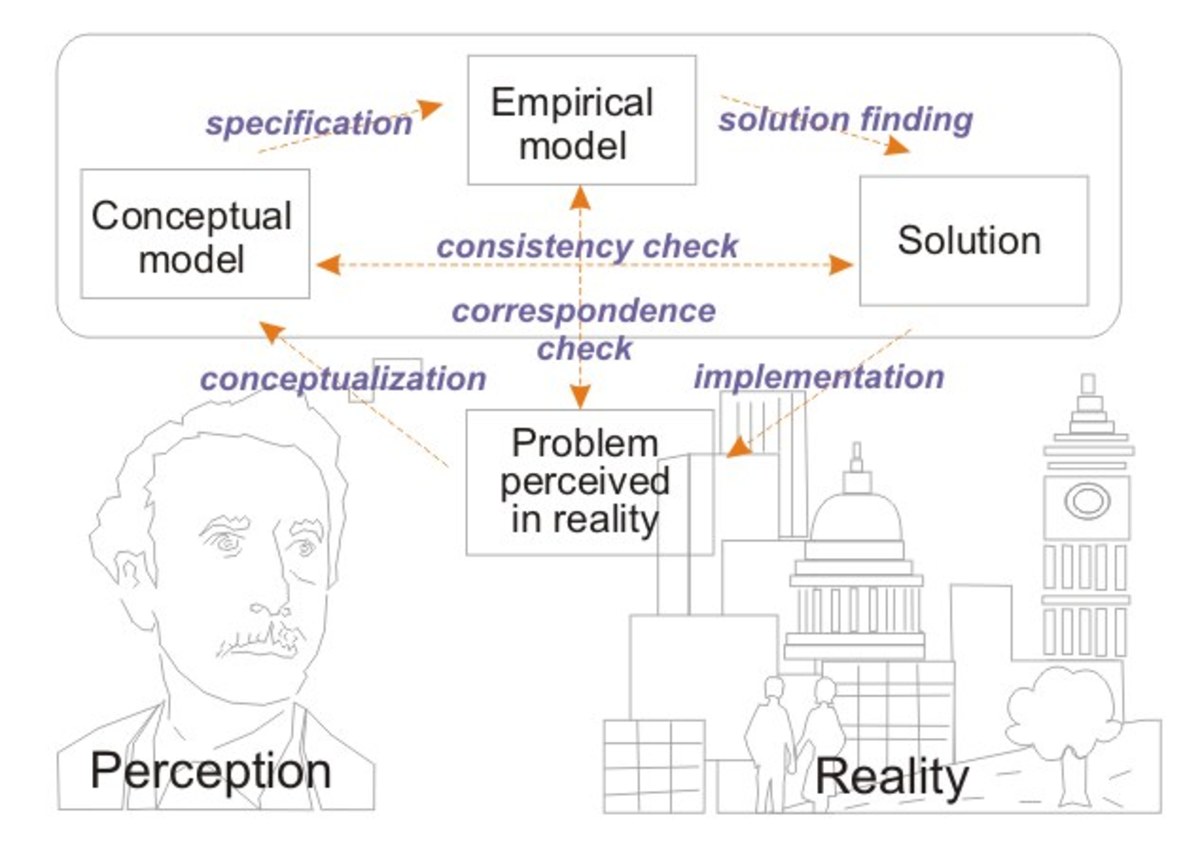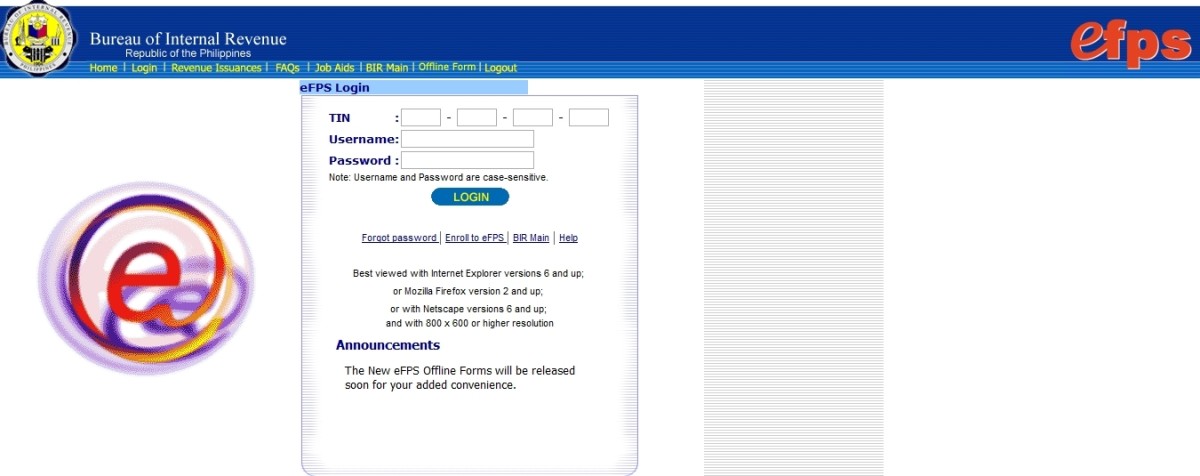Tax Problems with the IRS
Tax Problems
While dealing with the IRS when you have tax problems can be a little scary, knowing the possible outcomes might put your mind at ease. No matter how bad your situation may be, it is best to get in touch with the IRS as soon as possible so you can start working on your tax problems.
If you drag out a tax dispute, the IRS might not be inclined to be lenient when you finally resolve the matter. However, if you reach out to them early on, there are generally five different possible outcomes you could hope to see.
Resolving Tax Problems

Five Tax Outcomes
1. A Worry Free Resolution
Even if the IRS has all the information it needs for a specific tax case, it is not infallible and will occasionally come to a resolution that favors the taxpayer. Usually cases that resolve this way come down to simple clerical errors or missing paperwork.
Sometimes resolving the issue is as simple as sending in another copy of your tax return or other document. The IRS has millions of tax returns to deal with and now and then one of them might get lost in the shuffle. While unfortunate, this also makes it easy to resolve the problem. Just do not panic when you find out about a tax problem; the IRS just might need some more details. If you are lucky, you might even get a refund.
2. A Lump Sum Payment
Small business owners might come face to face with the IRS over tax issues; usually the solution is simply writing a check to the IRS for tax liabilities and accrued penalties if they apply. While no one really wants to give up their hard-earned money, a lump sum payment will enable you to move on quickly and easily. Should you or your business be financially able to offer a lump sum, you will avoid future penalties and interest.
3. Setting Up a Payment Plan
Every now and then a taxpayer might have a tax liability that is too large to pay all at once. The IRS has no reason not to work with taxpayers in this situation as they want their money as much as you want to put things in the past. They are more than willing to set up an installment agreement or payment plan. The taxpayer can propose a plan, including the date and amount of monthly payments, and the IRS can then choose whether or not to accept the proposal at their discretion. However, while this allows taxpayers to pay smaller, more affordable amounts over time, it does mean that you will accrue interest. Generally speaking, anyone who owes up to $25,000 in penalties, interest, and tax will qualified for this type of payment plan. If you have a bigger liability, you might still be eligible for a payment plan, but will need to fill out more paperwork.
4. An Offer in Compromise
Occasionally the IRS will accept a settlement after it has determined that a taxpayer owes on their taxes. A settlement agreement between the IRS and a taxpayer is called an "offer in compromise," and lets the IRS set the conditions of repayment as well as the amount they expect to receive. One of three criteria must be met for the IRS to agree to such an offer.
First, the IRS must have "doubt as to collectability," meaning that they do not believe that the taxpayer will be able to pay the money he or she owes through a payment plan or a lump sum payment. Next, the IRS might have "doubt as to liability," meaning they are not completely sure whether or not the liability is correct. In this situation, it is easier for the IRS to compromise rather than opening an investigation. Lastly, there might be a doubt of effective tax administration. A taxpayer who wishes to meet the last classification must show that paying his or her tax liability would be an economic hardship or would be unfair and inequitable.
5. An Appeal
Even if the IRS comes to a decision that is not in your favor, you do not have to be content with their resolution. You can appeal decisions through the court system or contact the Taxpayer Advocate Service. They are an organization inside the IRS that helps taxpayers and ensures their fair treatment as the Taxpayer Advocate Service works to resolve the issue.








